Cats, with their mysterious allure and independent nature, have long been revered as one of the most enigmatic companions in the animal kingdom. However, beneath their seemingly aloof demeanor lies a creature that craves attention and companionship. But what happens when your feline friend feels ignored too often? Understanding the emotional landscape of your cat is essential to fostering a harmonious relationship. This article delves deep into the consequences of neglecting your cat’s emotional needs and offers insights into maintaining a healthy bond.
The Silent Cry for Attention

Cats may not bark or whine like dogs, but they have their own unique ways of signaling distress. When a cat feels ignored, it might resort to more subtle cues, such as excessive grooming or vocalizing more than usual. Just like humans, cats have their own way of communicating, and ignoring these signals can lead to a host of behavioral issues. Paying attention to these silent cries can help in addressing any underlying issues before they escalate.
Behavioral Changes: A Reflection of Neglect
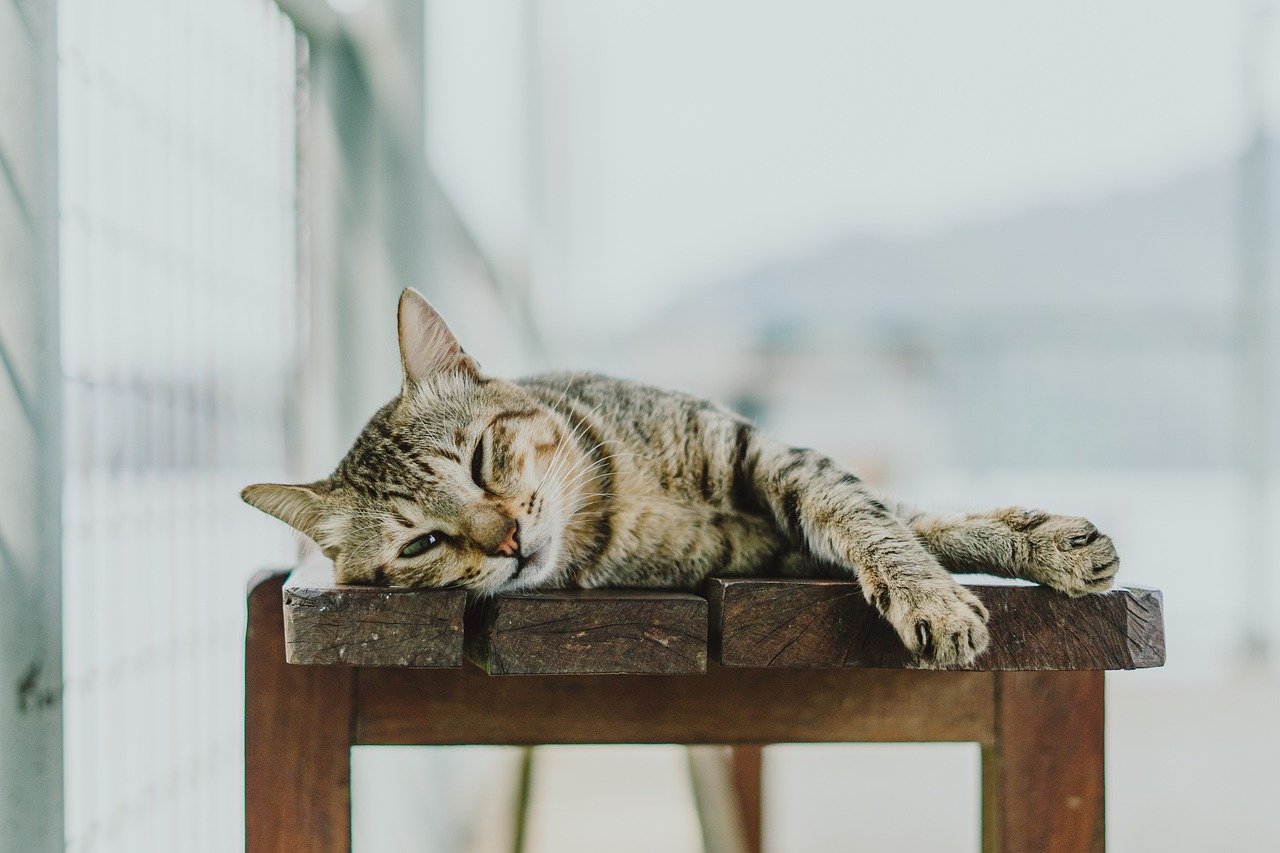
When cats feel neglected, they may undergo significant behavioral changes. These can range from becoming more reclusive, hiding in unusual spots, to showing aggression when approached. Such shifts in behavior often indicate that your cat is feeling insecure or anxious. It’s crucial to observe these changes closely, as they can be the first signs that your feline is feeling ignored and distressed.
The Impact on Physical Health
Neglecting a cat’s emotional needs can also have repercussions on its physical health. Stress from feeling ignored can lead to a weakened immune system, making your cat more susceptible to illnesses. Weight changes, either gaining or losing, are also common when a cat feels stressed or anxious. Regular vet check-ups and a watchful eye on any physical changes can help in early detection and treatment.
Destructive Behavior: A Call for Help
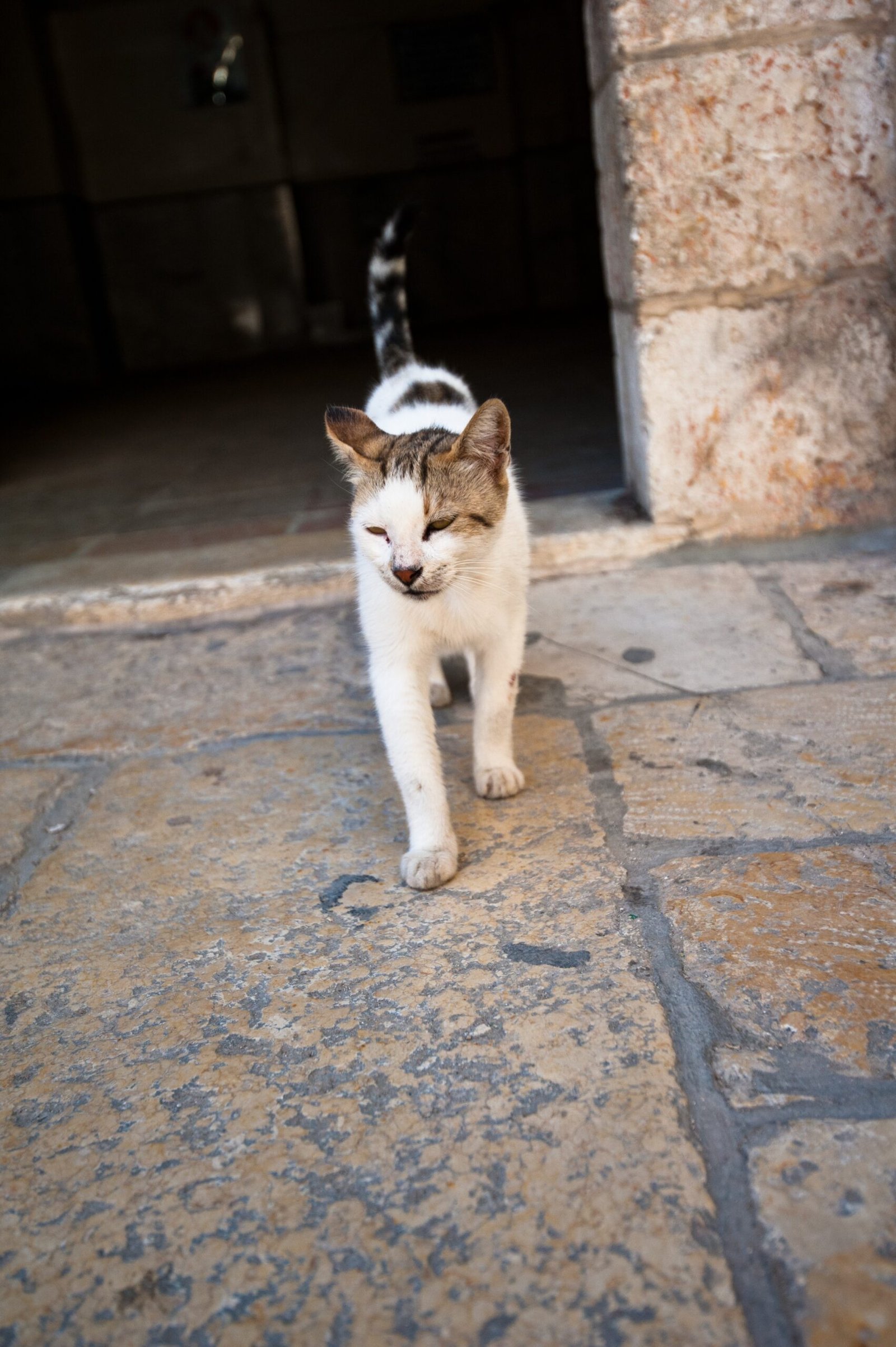
When cats feel overlooked, they might resort to destructive behaviors as a way of seeking attention. This could manifest as scratching furniture, knocking items off tables, or even inappropriate urination. Such behaviors are not just acts of defiance but rather a plea for attention. Understanding the root cause of these actions can help in addressing them effectively and restoring harmony in the household.
Understanding the Need for Social Interaction
While cats are often perceived as solitary creatures, they do require social interaction to thrive. Cats enjoy companionship, whether it’s with humans or other animals. When deprived of social interaction, they can become withdrawn and depressed. Ensuring that your cat gets enough playtime and interaction is vital for its overall well-being.
The Role of Routine in a Cat’s Life
Cats are creatures of habit, and a consistent routine provides them with a sense of security. When their routine is disrupted due to being ignored, it can lead to stress and anxiety. Maintaining a regular feeding, playtime, and grooming schedule can help in providing stability and reassurance to your cat.
The Importance of Play and Stimulation
Play is an essential part of a cat’s life, providing both physical exercise and mental stimulation. When cats are not engaged in play, they can become bored and frustrated. Introducing interactive toys and dedicating time to play with your cat can prevent feelings of neglect and ensure they remain happy and healthy.
Recognizing Signs of Depression in Cats
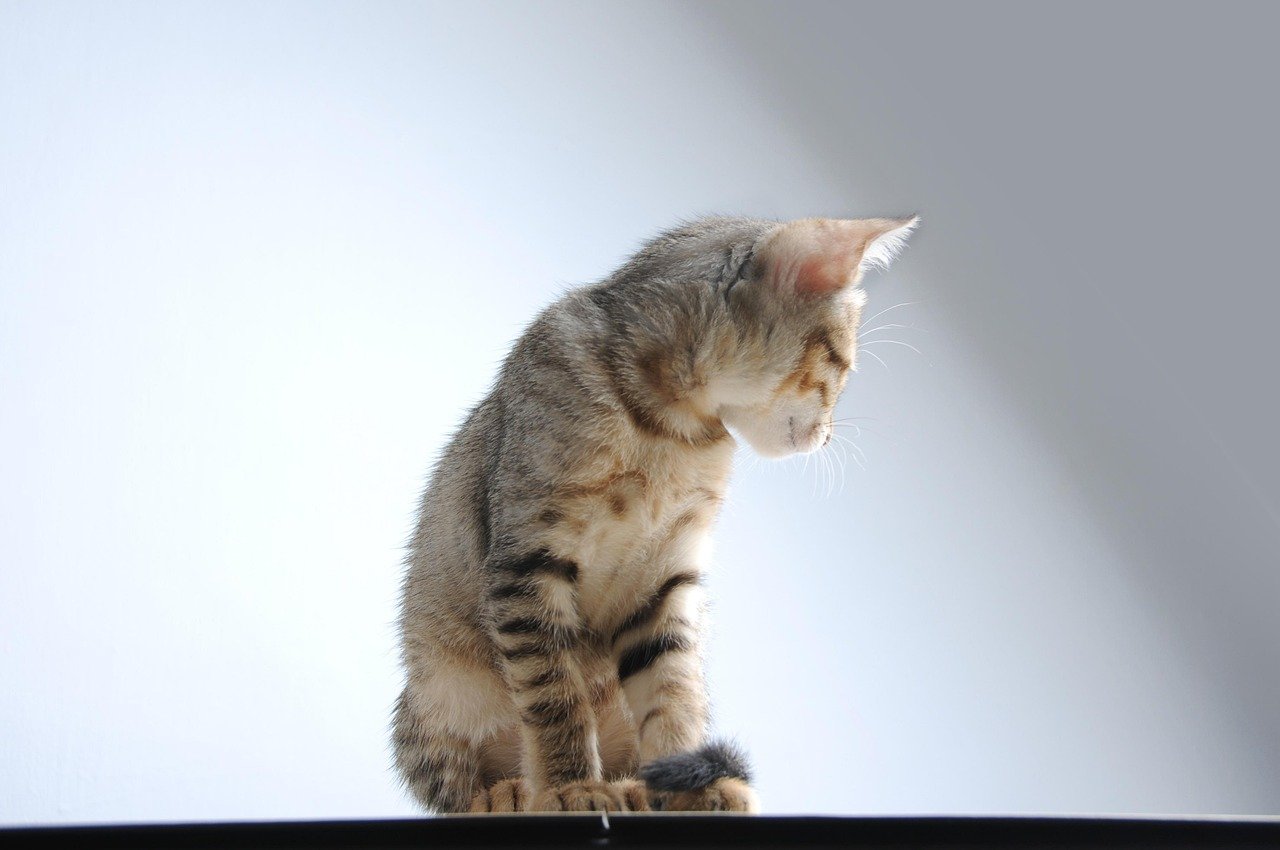
Just like humans, cats can suffer from depression. Symptoms can include lethargy, loss of appetite, and a lack of interest in activities they once enjoyed. Recognizing these signs early on and seeking veterinary advice can help in managing and treating feline depression effectively.
Building a Stronger Bond with Your Cat
Building a strong bond with your cat requires time, patience, and understanding. Engaging in activities that your cat enjoys, such as grooming or playing, can strengthen your relationship. Remember, each cat is unique, and understanding your feline’s preferences and needs is key to fostering a deeper connection.
Overcoming the Challenges of a Busy Schedule
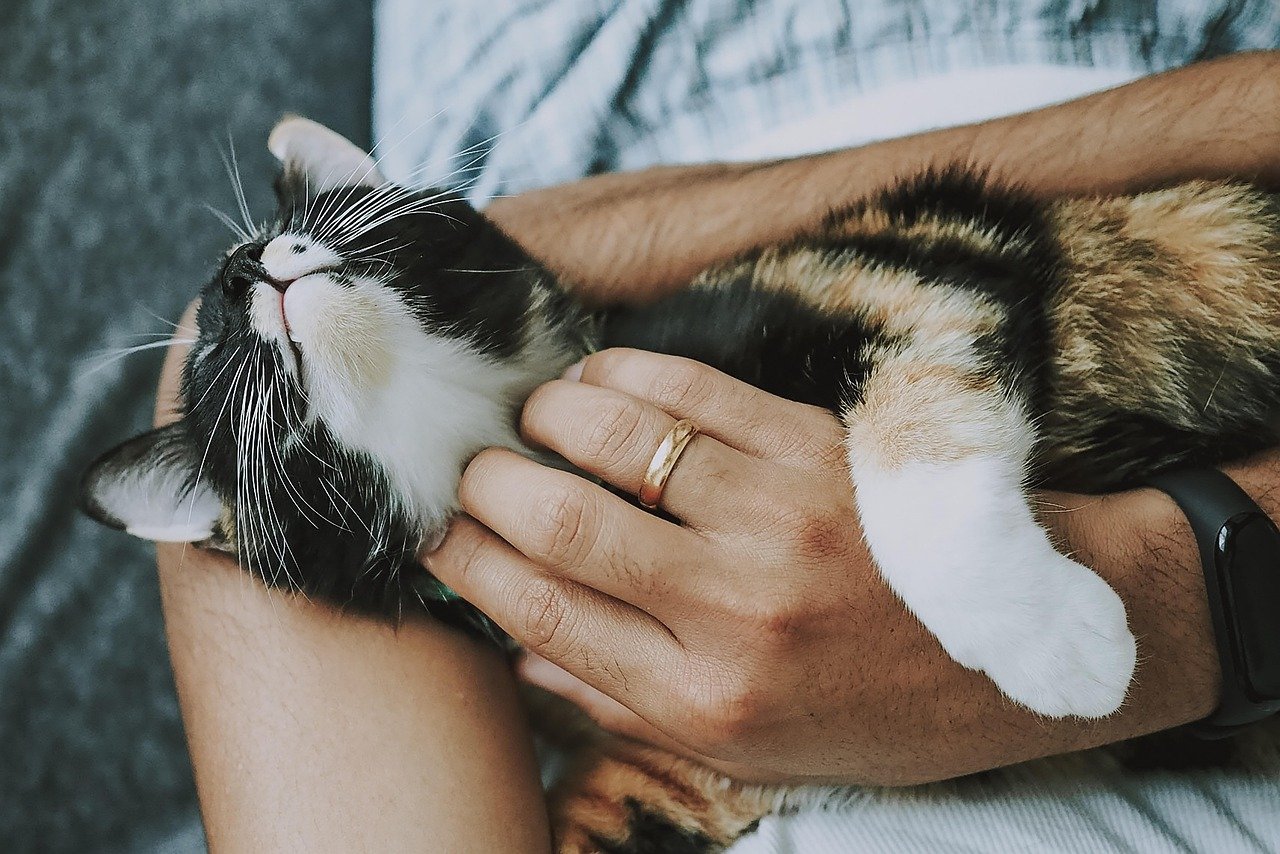
In today’s fast-paced world, finding time for your cat can be challenging. However, even small gestures, like a few minutes of play or a gentle stroke, can make a significant difference. Prioritizing your cat’s needs amidst a busy schedule ensures that they feel loved and valued.
Creating a Cat-Friendly Environment
A stimulating environment can prevent feelings of neglect in cats. This includes having scratching posts, interactive toys, and cozy resting spots. A cat-friendly home ensures that your feline has plenty of opportunities for exploration and relaxation, reducing the chances of them feeling ignored.
The Power of Positive Reinforcement
Positive reinforcement is a powerful tool in addressing behavioral issues in cats. Rewarding good behavior with treats or affection can encourage your cat to engage positively. This approach not only strengthens the bond between you and your cat but also helps in mitigating any feelings of neglect.
The Importance of Regular Vet Visits
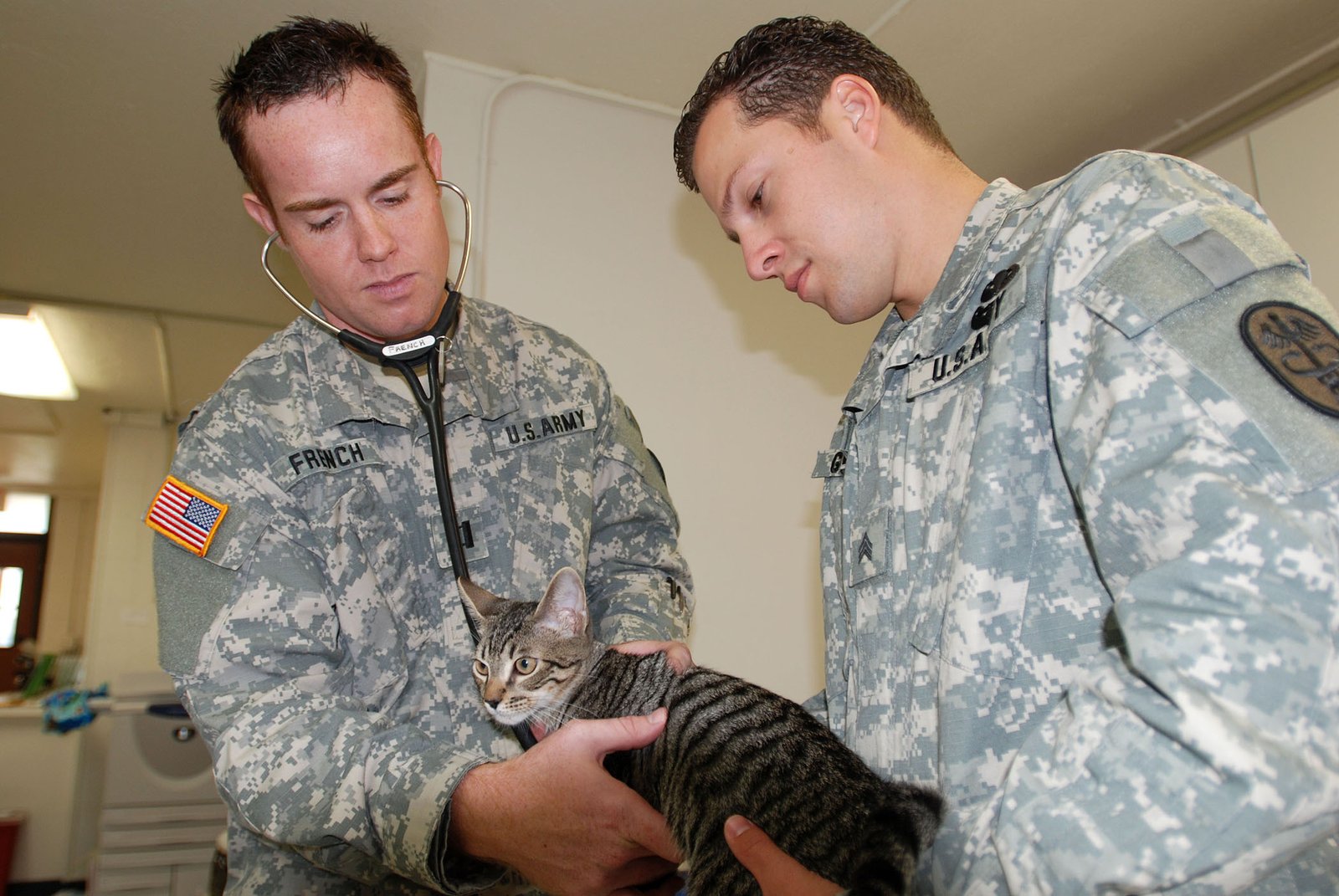
Regular vet visits are crucial in ensuring your cat’s overall health and well-being. These check-ups can help in identifying any underlying health issues that might be contributing to changes in behavior. A healthy cat is a happy cat, and regular vet visits play a pivotal role in maintaining their health.
Understanding Your Cat’s Unique Personality
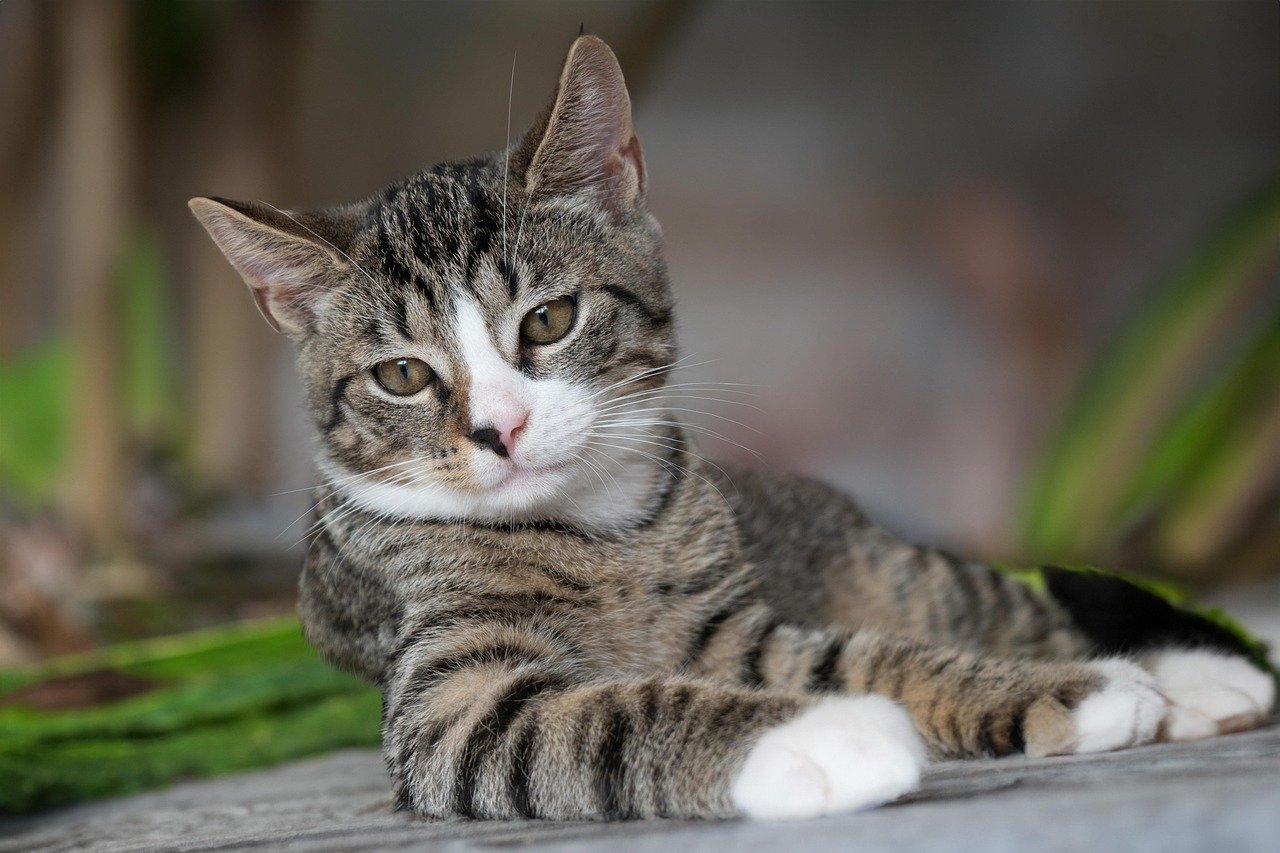
Every cat has its own unique personality, and understanding this is key to addressing their needs. Some cats may be more social, while others might prefer solitude. Recognizing and respecting your cat’s personality ensures that they feel understood and valued.
The Role of Nutrition in a Cat’s Mood
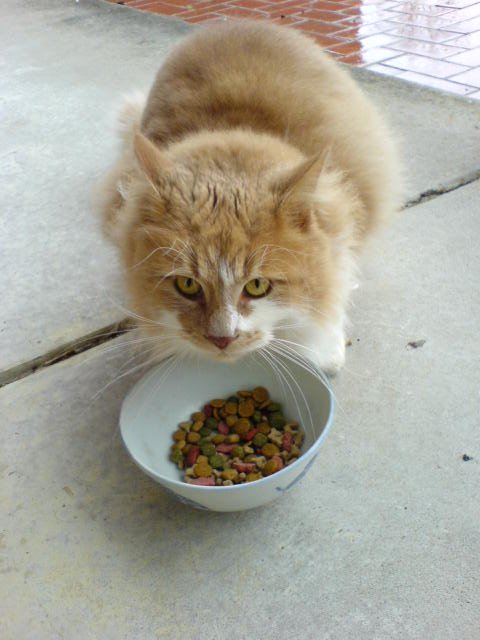
A balanced diet plays a significant role in a cat’s mood and behavior. Ensuring that your cat receives the right nutrients can prevent mood swings and behavioral issues. Consulting with a veterinarian can help in determining the best diet for your feline friend.
Recognizing Signs of Anxiety in Cats
Anxiety in cats can manifest in various ways, from excessive grooming to vocalization. Recognizing these signs early on can help in addressing the root cause of the anxiety. Providing a calm and stable environment can significantly reduce anxiety levels in cats.
The Benefits of Cat Companionship

Introducing another cat into the household can provide companionship and reduce feelings of neglect. However, it’s essential to ensure that both cats are compatible and introduced gradually. A companion can provide play and social interaction, enriching your cat’s life.
The Emotional Needs of Senior Cats
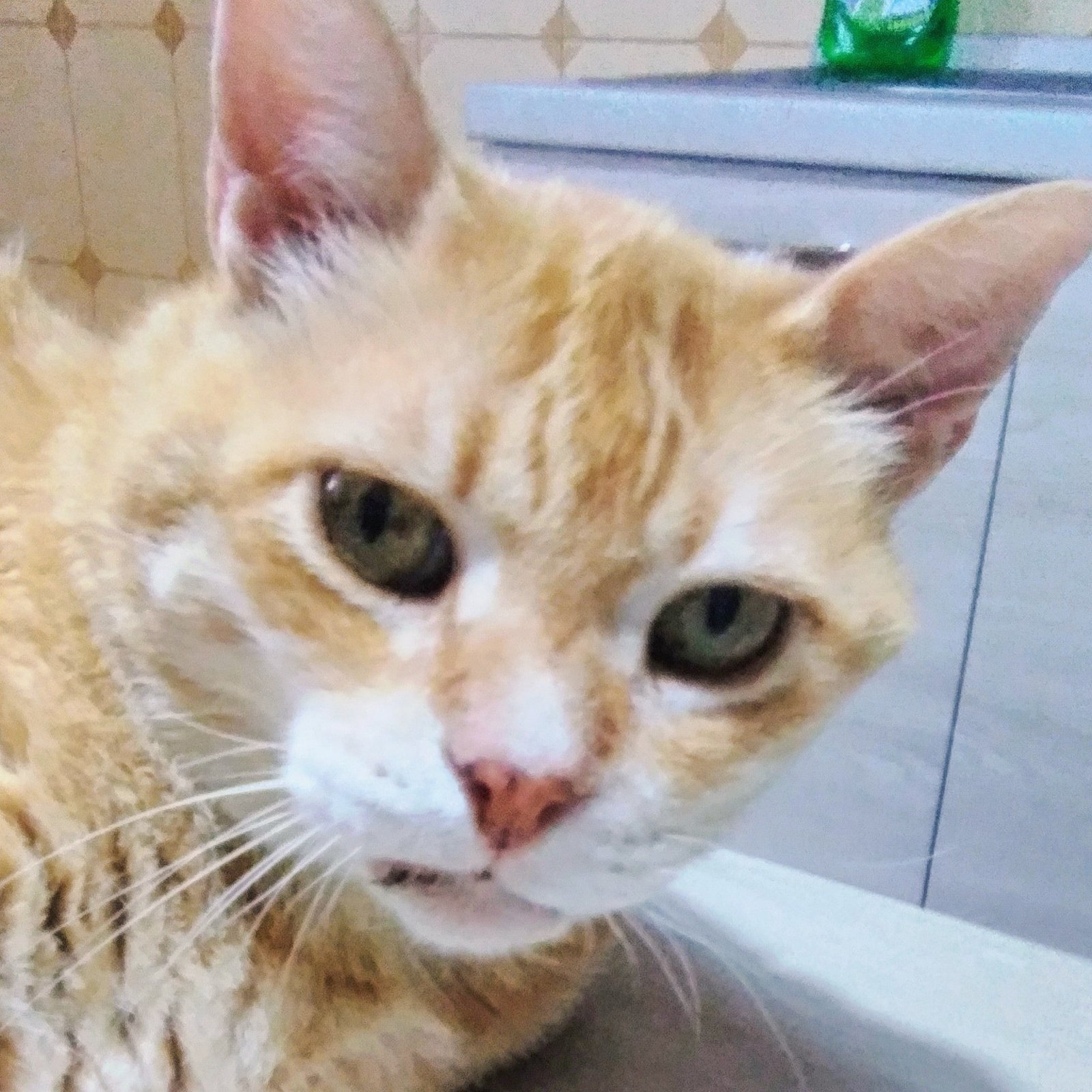
Senior cats have unique emotional needs and may require more attention and care. As they age, they might become more dependent on their human companions for comfort. Understanding and addressing the needs of senior cats ensures they feel loved and secure in their golden years.
Preventing Feelings of Neglect in Multi-Pet Households
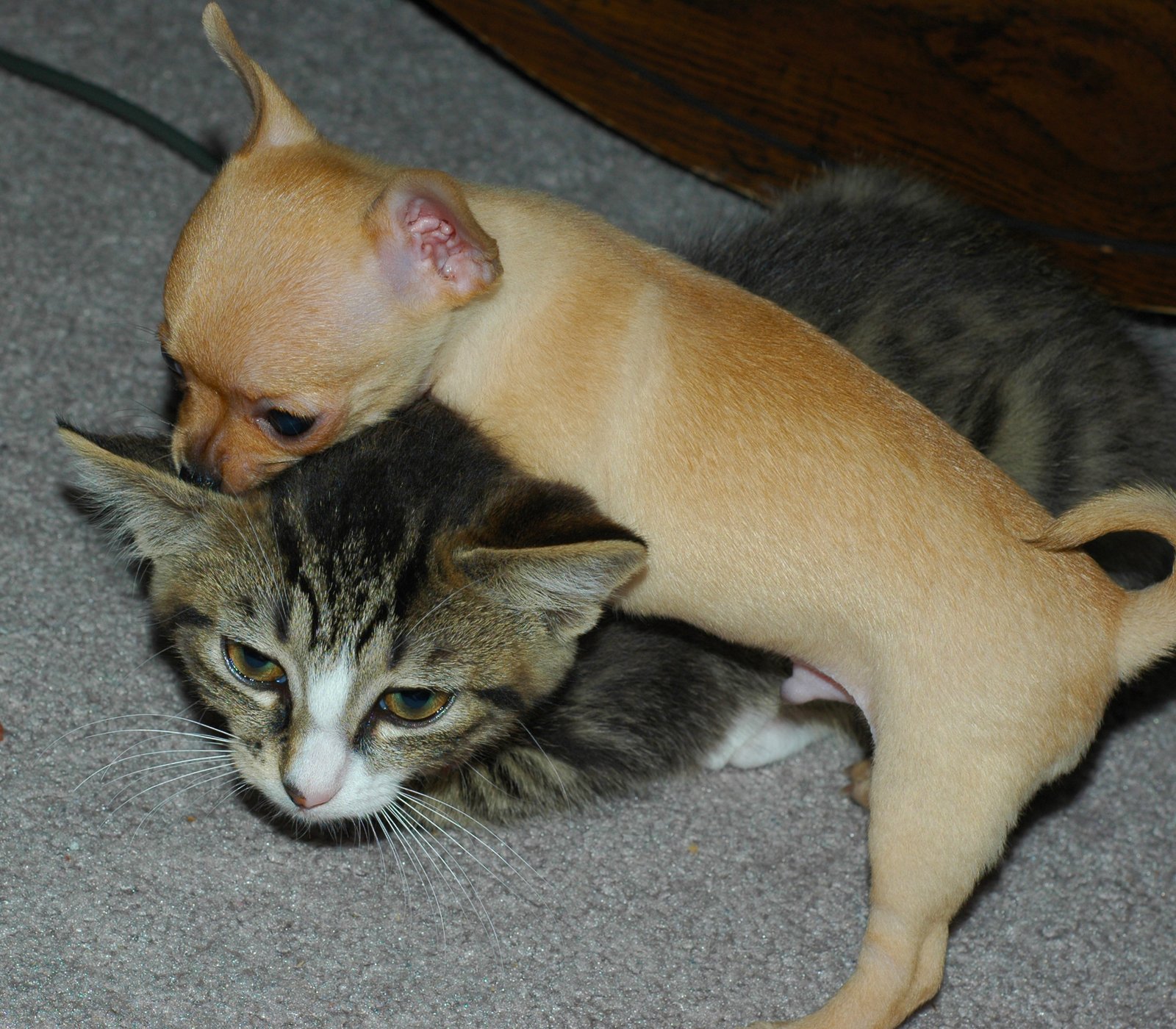
In households with multiple pets, it’s crucial to ensure that each pet receives individual attention. Cats can feel neglected if they perceive that other pets are favored. Balancing attention and ensuring that each pet’s needs are met can prevent feelings of neglect.
The Joy of a Happy, Content Cat

A happy, content cat is a joy to have around. By understanding and addressing the emotional needs of your feline friend, you ensure a harmonious and fulfilling relationship. Investing time and effort in your cat’s well-being results in a bond that’s both rewarding and enduring.
Hi, I’m Bola, a passionate writer and creative strategist with a knack for crafting compelling content that educates, inspires, and connects. Over the years, I’ve honed my skills across various writing fields, including content creation, copywriting, online course development, and video scriptwriting.
When I’m not at my desk, you’ll find me exploring new ideas, reading books, or brainstorming creative ways to solve challenges. I believe that words have the power to transform, and I’m here to help you leverage that power for success.
Thanks for stopping by, Keep coming to this website to checkout new articles form me. You’d always love it!





